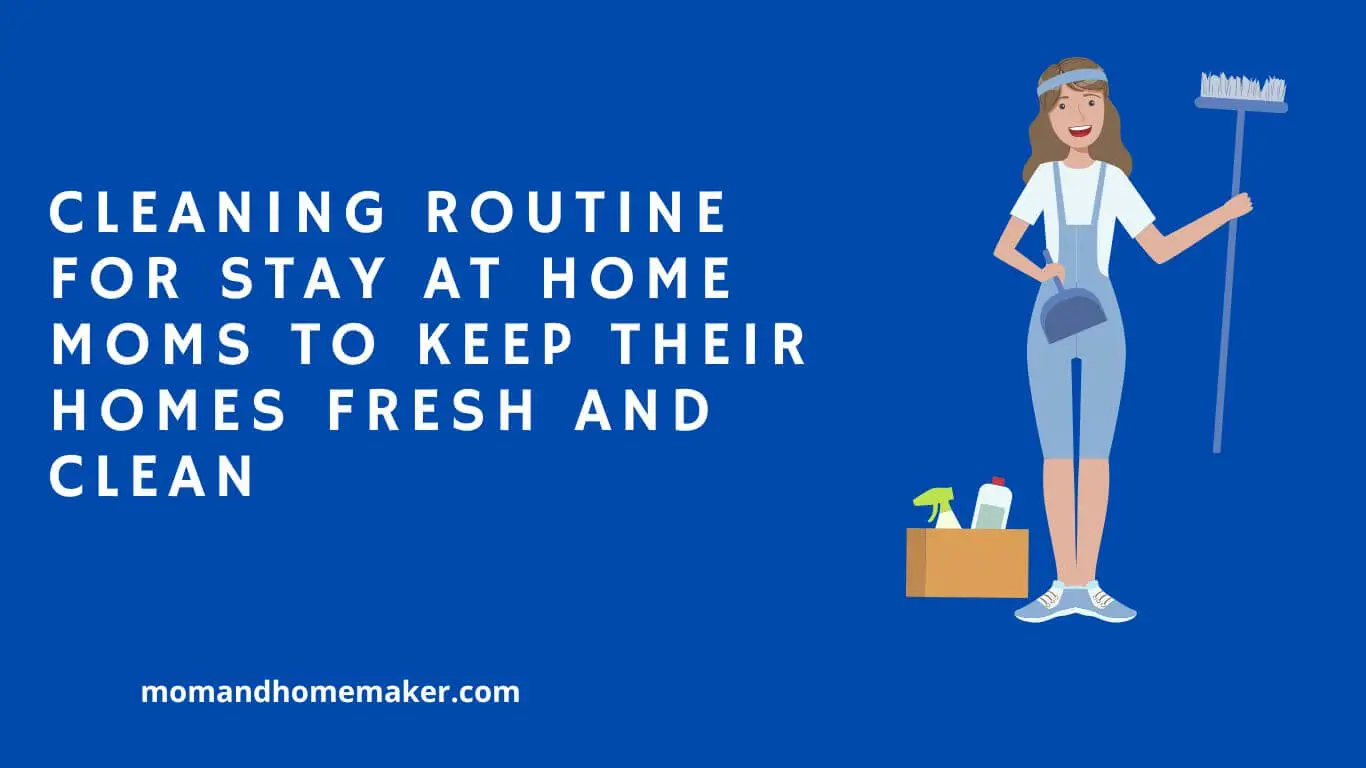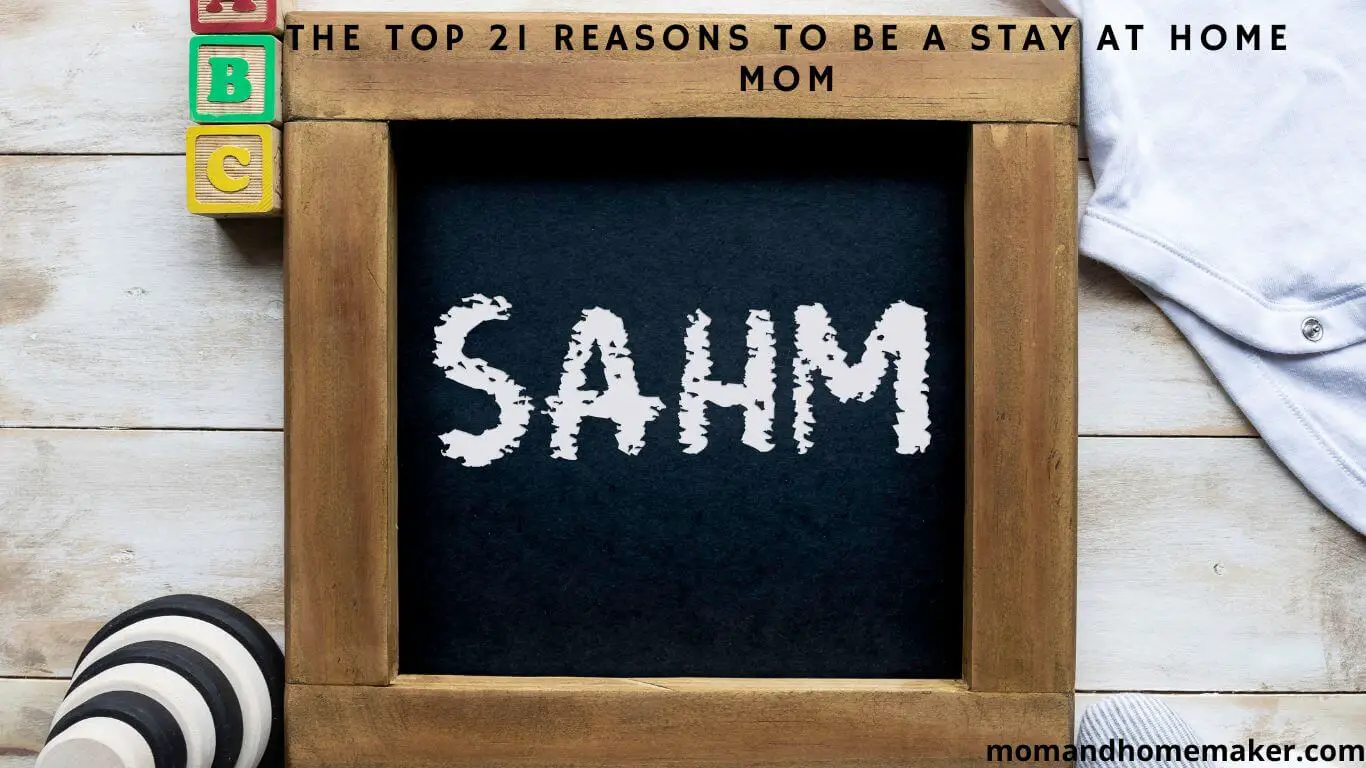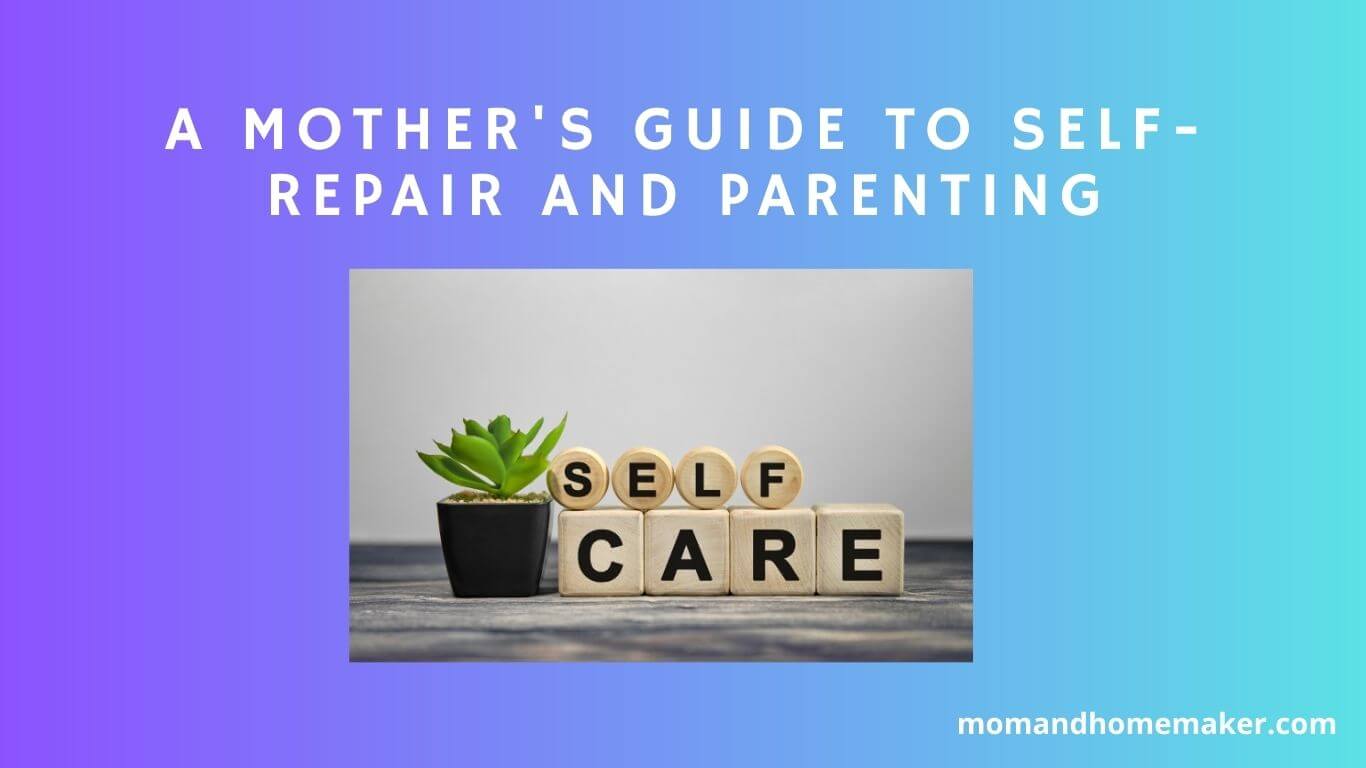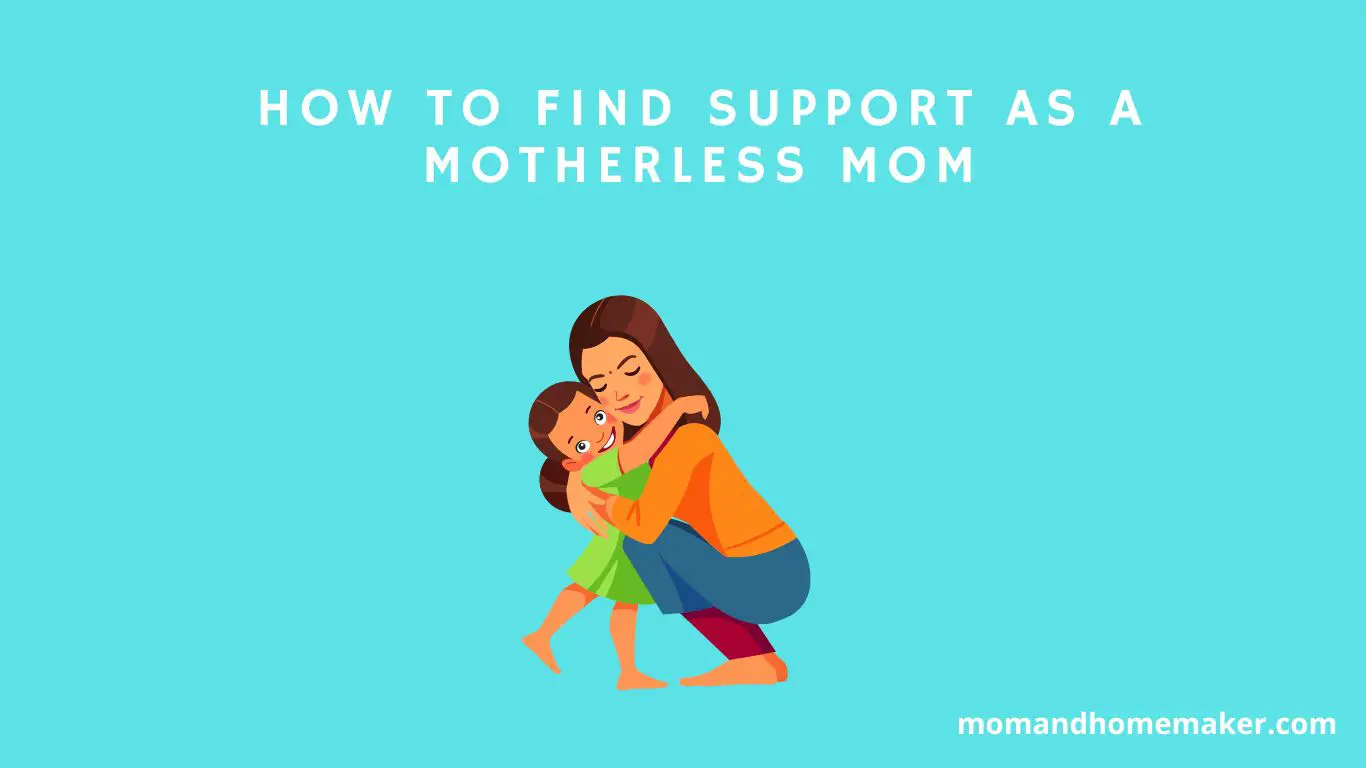The role of a stay-at-home mom continues to spark discussions in today’s ever-changing society. Opting to dedicate time to raising children can be viewed as both empowering and constraining.
To form a well-rounded opinion, it’s essential to consider the historical context, economic influences, and shifting gender dynamics at play.
By delving into the various aspects of this topic, one can gain a deeper understanding of the rewards and challenges that come with being a stay-at-home mom.
Historical Perspectives on Stay-at-Home Moms
Throughout history, societal norms have played a significant role in shaping the perception and role of stay-at-home moms. In the past, cultural expectations often defined a woman’s main duty as being a homemaker, caring for the children and managing the household. This societal norm greatly influenced how stay-at-home moms were seen and valued.
There was a strong emphasis on the importance of women staying at home to raise children, maintain the household, and support their husbands. Women who opted for a career outside the home sometimes faced criticism for not conforming to these societal norms.
Stay-at-home moms were often praised as selfless individuals who prioritized their families above all else, embodying qualities of sacrifice and dedication.
The historical perspective on stay-at-home moms highlights how cultural beliefs have long influenced women’s roles within the family.
Despite changes in societal norms over time, understanding this historical context helps us grasp the challenges and successes of stay-at-home moms across different eras, revealing the complexities of their experiences.
Economic Implications of Stay-at-Home Parenting
When considering the economic impact of stay-at-home parenting, it’s important to look at how it affects families and individuals financially. Opting to stay at home can strain the family budget since there’s one less income coming in, making it necessary to carefully manage expenses to make ends meet.
Moreover, societal expectations can add pressure on stay-at-home parents, especially in a society that often prioritizes career success. Balancing these expectations with personal choices can be challenging and may influence one’s sense of fulfillment and self-worth.
Furthermore, choosing to focus on raising children and managing household duties as a stay-at-home parent often means sacrificing career advancement. This decision can have long-term consequences on financial independence, retirement savings, and overall career growth.
It’s crucial to consider these economic implications thoughtfully and align them with your values and priorities. While being a stay-at-home parent can be fulfilling, understanding the financial aspects is essential for making an informed decision that best meets your family’s needs and goals.
Gender Roles and Stay-at-Home Moms
Stay-at-home moms often find themselves confined by traditional gender norms prevalent in many societies. These norms dictate that women should primarily take on the roles of caregivers and homemakers, while men are expected to be the main providers.
These expectations reinforce outdated gender roles, portraying women as nurturing and domestic, limiting their opportunities outside the home. This situation highlights the importance of challenging these stereotypes to promote gender equality.
Gender equality aims to ensure that individuals of all genders have equal rights, responsibilities, and opportunities.
When women are pressured to conform to the role of stay-at-home mom based on these traditional norms, their choices and autonomy are restricted, perpetuating inequality.
It’s crucial to recognize that both men and women should have the freedom to choose their roles based on their preferences and abilities, rather than societal expectations.
As a stay-at-home mom, it’s essential to remember that your value isn’t determined by how well you conform to these traditional gender roles. Embracing your decision to care for your family at home is a valid choice that deserves respect.
By challenging these gender norms, you contribute to creating a more inclusive and equal society where individuals can pursue their paths based on their talents and aspirations.
Challenges Faced by Stay-at-Home Moms
Challenging traditional gender norms as a stay-at-home mom can present various obstacles and difficulties in managing your role. Here are three key challenges you might face:
- Time Management Challenges: Juggling household tasks, childcare, and personal needs can feel overwhelming. Finding time for yourself amidst daily demands can be tough, leading to feelings of stress and fatigue.
- Social Isolation: Spending a lot of time at home with young children can lead to feelings of loneliness and isolation. Limited adult interaction and few social opportunities can impact your mental well-being and sense of connection with the outside world.
- Emotional Well-Being and Personal Fulfillment: Prioritizing your family’s needs over your own can affect your emotional health. Striving for personal fulfillment and maintaining a sense of identity beyond motherhood can be an ongoing challenge.
Dealing with these challenges as a stay-at-home mom requires resilience, self-care, and reaching out for support when necessary. Remember, it’s important to prioritize your well-being and find a balance that works for you and your family.
Social Support for Stay-at-Home Parents
When facing the challenges of being a stay-at-home parent, reaching out for social support from friends, family, or community resources can be incredibly helpful. Many stay-at-home parents experience feelings of guilt, and having a strong support system can ease these emotions.
Community support is essential for providing a sense of belonging and solidarity. By connecting with other stay-at-home parents through local groups, online forums, or parenting classes, you can build a network of individuals who understand your experiences and can offer advice or a listening ear.
Furthermore, thoughts about returning to work or societal pressures can sometimes lead to feelings of isolation or inadequacy. It’s important to remember that choosing to stay at home with your children is a valid and commendable decision, and seeking support can reinforce this belief.
Social support can also help you prepare for the transition back to work, whenever that may be. It can offer guidance on updating skills, exploring flexible work options, or providing emotional support during this period of change.
Self-Worth and Stay-at-Home Parenting
Reaching out for social support as a stay-at-home parent can have a significant impact on your self-worth and overall well-being. It’s important to prioritize self-care and address societal expectations to maintain a positive sense of self while dedicating yourself to parenting at home.
Here are three key points to consider:
- Taking Care of Yourself: Remember, self-care is essential, not a luxury. Make time in your day for activities that recharge you, like reading, walking, or enjoying a cup of tea. When you prioritize your well-being, you’ll be better able to care for your family.
- Challenging Societal Expectations: Society may have certain ideas about what a stay-at-home parent should be, but it’s vital to realize that your value isn’t limited to traditional roles. Embrace your choice to stay at home and focus on the positive impact you’re having on your children’s lives.
- Seeking Support: Connect with other stay-at-home parents, join online communities, or participate in local parenting groups. Sharing experiences and building relationships with others in similar situations can provide a sense of belonging and validation, boosting your self-worth and emotional well-being. Remember, you aren’t alone in this journey.
Benefits of Stay-at-Home Parenting
Stay-at-home parenting offers significant advantages for both the child and the parent. By actively participating in your child’s daily life, you can tailor your parenting approach to meet their unique needs, fostering a strong parent-child bond and supporting their growth and learning.
This personalized attention sets stay-at-home parenting apart from other styles and allows for a deeper connection between parent and child.
One of the primary benefits of stay-at-home parenting is the ability to prioritize your child’s well-being and development without the distractions of a full-time job.
This focused attention lays a solid foundation for your child’s future success and happiness. In contrast, working parents may struggle to balance work responsibilities with parenting duties, leading to feelings of guilt or inadequacy.
Moreover, stay-at-home parenting enables you to closely monitor your child’s progress and milestones, identifying areas where they may need extra support or encouragement. This hands-on approach can have a lasting positive impact on your child’s self-esteem and overall development.
While there are pros and cons to various parenting approaches, the benefits of stay-at-home parenting in terms of nurturing a strong parent-child bond and promoting early childhood development are clear.
Impact on Children of Stay-at-Home Moms
Stay-at-home moms have a significant impact on their children’s emotional well-being and cognitive development. Here are three key ways in which stay-at-home moms influence their children:
- Child Development: Being present as a stay-at-home mom creates a secure environment that supports healthy emotional growth in children. The consistent care and attention provided by stay-at-home moms form a strong foundation for overall well-being.
- Parental Influence: Stay-at-home moms have a profound influence on their children’s values, beliefs, and behaviors. Their guidance and support help shape children’s moral compass and build confidence as they navigate the world.
- Cognitive Growth: Stay-at-home moms engage children in activities, conversations, and educational play that stimulate cognitive abilities and curiosity. These interactions set the stage for academic success and the development of critical thinking skills.
The dedication of stay-at-home moms to their children’s development is invaluable. Their unwavering presence and love contribute to their growth in ways that leave a lasting impact. Remember, the time and effort invested in being there for children every day shape who they become in the future.
Mental Health Considerations for Stay-at-Home Moms
In the realm of caring for your children and supporting their growth, it’s vital to address the mental health considerations that may arise for stay-at-home moms.
Your mental well-being is crucial, and practicing self-care is a necessity rather than a luxury. Remember, taking care of your mental health isn’t selfish; it helps you be the best version of yourself for your family.
When it comes to mental health, here are some important strategies for stay-at-home moms:
Support Systems:
- Build a Support Network: Connect with other stay-at-home moms for mutual support and understanding.
- Seek Professional Help: Don’t hesitate to seek therapy or counseling if you feel overwhelmed or anxious.
- Prioritize Me-Time: Schedule time for activities you enjoy to maintain a sense of individuality.
- Communicate Openly: Share your feelings with your partner or loved ones to feel supported and validated.
Coping Strategies:
- Establish a Routine: Creating a daily schedule can provide structure and a sense of control.
- Take Breaks: Allow yourself moments of rest to recharge and unwind.
- Practice Mindfulness: Engage in mindfulness techniques to stay present and reduce stress.
- Stay Active: Physical exercise can boost your mood and energy levels.
Work-Life Balance for Stay-at-Home Parents
When balancing work and family life as a stay-at-home parent, effective time management and setting boundaries are key. It’s important to prioritize your well-being and your family’s needs. Here are three tips to help you find the right balance:
- Manage Your Time Wisely: Use tools like schedules and to-do lists to plan tasks for the day. Allocate time for chores, childcare, self-care, and hobbies to stay organized and feel in control.
- Set Clear Boundaries: Communicate your availability to family and friends to avoid burnout. Learn to say no to extra commitments that could overwhelm you and make time to recharge.
- Prioritize Personal Fulfillment: Remember to do things that make you happy outside of parenting. Whether it’s a hobby, exercise, or socializing, taking time for yourself is crucial for a healthy work-life balance.
Criticisms of Stay-at-Home Parenting
While many people appreciate the dedication and sacrifices made by full-time parents, some critics raise concerns about stay-at-home parenting. One common critique focuses on societal expectations, suggesting that success for women today is often linked to pursuing a career outside the home.
This perspective can result in judgment and societal pressure on stay-at-home moms, leading them to feel inadequate or unfulfilled.
Another criticism of stay-at-home parenting revolves around personal fulfillment. Critics argue that being at home with children can be isolating and may hinder the parent’s personal growth and fulfillment.
They emphasize the importance of pursuing individual passions and goals beyond parenting for overall happiness and development. This critique can weigh heavily on stay-at-home moms, causing them to question their decisions and feel undervalued by society.
Despite these criticisms, it’s crucial to recognize that every family is unique, and what works for one may not work for another. While concerns about societal expectations and personal fulfillment are valid, the choice to be a stay-at-home parent should ultimately prioritize the well-being of the entire family.
Supporting and respecting the decisions made by stay-at-home parents is essential, acknowledging the love and dedication they bring to their families each day.
Empowering Stay-at-Home Moms
To empower stay-at-home moms, it’s important to prioritize self-care and personal growth. Taking care of yourself is crucial for effectively caring for others. Here are three key ways to empower yourself as a stay-at-home mom:
- Build a Supportive Community:
Surround yourself with people who appreciate and understand the value of your role. Connect with other stay-at-home moms locally or online to share experiences, offer advice, and provide encouragement. Having a strong support system can significantly impact your well-being and overall happiness.
- Invest in Personal Development:
Make time for activities that bring you joy and fulfillment. Whether it’s exploring a new hobby, taking online classes, volunteering, or engaging in creative pursuits, dedicating time to your personal growth is essential. Remember, you’re more than just a caregiver – you deserve to nurture your own interests and passions.
- Set and Celebrate Goals:
Establish both short-term and long-term goals for yourself, both within and beyond your role as a stay-at-home mom. Celebrate even the smallest victories along the way. Recognizing your achievements, no matter how small they may seem, can boost your confidence and motivation to continue growing personally and professionally.
Changing Perceptions of Stay-at-Home Moms
Society’s view of stay-at-home moms is evolving, reflecting a shift in traditional gender roles and an increased recognition of their valuable contributions to families and society.
In today’s world, there’s a growing acknowledgment of the crucial role these moms play in nurturing and raising children, along with the sacrifices they make to prioritize their families.
As a stay-at-home mom, you may face modern challenges rooted in outdated stereotypes and misconceptions. Despite these obstacles, it’s important to recognize the significant impact you have on your family and the community at large.
Choosing to stay at home is a valid and meaningful decision that deserves respect and admiration.
The changing cultural attitude towards stay-at-home moms signifies progress towards a more inclusive and supportive environment for all parents. By challenging traditional gender norms and embracing diverse ways individuals contribute to society, we can cultivate a more compassionate and understanding community.
Your dedication to your family is commendable, and your role as a stay-at-home mom should be celebrated for the love, care, and guidance you provide daily.
Respecting Individual Choices of Parents
Respecting the diverse choices parents make is crucial for building a supportive and inclusive community for families. Parents, each with their unique circumstances and goals, should feel empowered to choose paths that align with their values. Here are three key points to consider when it comes to respecting parents’ individual choices:
- Parental Autonomy: It’s important to recognize and respect parental autonomy, allowing parents to make decisions they believe are best for their families. Whether it’s about their careers, childcare arrangements, or lifestyle choices, supporting parental autonomy fosters a culture of respect and understanding.
- Challenging Societal Expectations: Societal norms can sometimes pressure parents to conform to certain standards. Respecting individual choices helps challenge these stereotypes and promotes an inclusive environment where diverse parenting styles are appreciated and celebrated.
- Personal Well-being: Every parent deserves to find fulfillment and happiness in their role. By respecting individual choices, parents can navigate their unique parenting journey in a way that brings them joy and satisfaction, free from rigid societal expectations. Embracing diversity and supporting individual decisions creates a community where all parents feel acknowledged and valued for who they are.
Conclusion
Having delved into the history and modern criticisms surrounding stay-at-home moms, it’s important to note that there’s nothing inherently wrong with choosing to stay home with your children.
In reality, it’s a valuable and empowering role that requires love and dedication. So, feel free to embrace the chaos, ignore the critics, and wear your messy bun with pride.
Being a stay-at-home mom isn’t just a job; it’s a superhuman display of affection and commitment towards your family.














